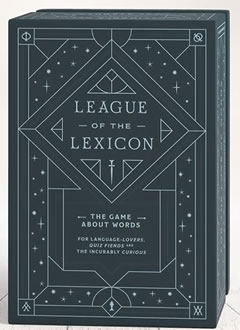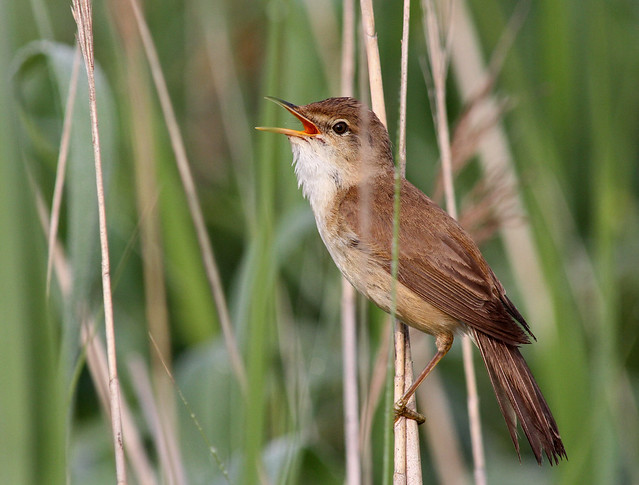
Here’s a recording in a mystery language.
Do you know or can you guess the language?
Last weekend I went to Aberystwyth to see a friend. I had a nice time, even though it was cloudy and rained a lot. This is one reason why I didn’t get round to making new episodes of the Celtic Pathways or Adventures in Etymology podcasts.
Unfortunately one souvenir I brought back was a dose of Covid. My friend wasn’t very well when I saw her, and later found out that she had the dreaded virus. I did a test today and found I have it too. It feels like a bad cold or maybe flu. I’ve been at times feverish, coughing, sneezing and lacking in energy and appetite. I hope I haven’t spread it to anyone else.
I hope you all are keeping well.
If something is beyond your ken, it is beyond your knowledge or understanding. The word ken only really appears in this phrase, but in some dialects of English in northern England, and in Scots and Scottish English, ken is more commonly used.

In English ken means to know, perceive, understand; knowledge, perception or sight. It comes from the Middle English kennen (to make known, tell, teach, proclaim, annouce, reveal), from the Old English cennan (to make known, declare, acknowledge), from cunnan (to become acquainted with, to know), from the Proto-West Germanic *kannijan (to know, to be aware of), from the Proto-Germanic *kannijaną (to make known), from *kunnaną (to be able), from the Proto-Indo-European *ǵn̥néh₃ti (to know, recognize) from *ǵneh₃- (to know) [source].
Some related words include:
These are no longer used, rarely used, or only used in some dialects of English.
Kenning also means “A metaphorical compound or phrase, used especially in Germanic poetry (Old English or Old Norse) whereby a simple thing is described in an allusive way.” It was borrowed from Old Norse [source].
Some examples of kenning in Old Norse and Old English include:
Sources: https://en.wikipedia.org/wiki/Kenning, https://en.wikipedia.org/wiki/List_of_kennings, https://projects.iq.harvard.edu/cb45/kennings
There are cognates in other Germanic languages, including:
In Scots ken means “To know, be aware of, apprehend, learn (a fact)”, and comes from the same roots as the English word [source]. Some related words include:
If a Japanese person compared something to practising swimming on a tatmi mat, what would you think they meant?
The idiomatic expression 畳の上の水練 (tatami no ue no suiren) means literally “swimming practise on tatami”, and refers to “useless book learning; knowing the theory but being unable to put it into practice”. It is also written 畳水練 (tatami suiren) .
Other tatami-related idioms include:
The character 畳 (tatami / jō) refers to the traditional Japanese straw floor coverings, also known as tatami or tatami mats. The area of rooms in Japanese houses is measured by the number of tatami they contain or could contain. One tatami is 1.82 sqm or 1.54 sqm. An older version of the character is 疊. The same character means folding paper-case or kimono wrapping paper when pronounced tatō.
The verb 畳む (tatamu) means to fold (clothes, umbrellas, etc), to close (a shop or business) or to vacate. 畳み地図 (tatami chizu) is a folding map, 畳みじわ (tatamijiwa) is a crease, and 畳み椅子 (tatami isu) is a folding chair.
Source: jisho.org

I’ve been asked to let you know about a new language-based quiz game that is being launched today on Kickstarter. It’s called the League of the Lexicon and has two thousand questions related to words and language in five categories, such as etymology, trivia, definitions and usage. There are also two levels of difficulty so younger players can join in.
Linguists and lexicographers around the world have contributed questions to the game, including myself. My question involves mythical beings and Celtic languages.
If you back the game on Kickstarter, you can get hold of two sets of extra questions, or expansion packs – one on slang, cant and all things pertaining to the vulgar tongue, and the other on the world of language, from ancient to modern, Aramaic to Zulu.
Find out more at leagueofthelexicon.com and Kickstarter
Wurble is a wonderful word that I learnt today. What do you think it means?
Wurble [wʌrbl] is a Scots words that means:
1. To move forward in a twisting, sinuous manner like a worm, to wriggle, crawl; to walk with a knock-kneed gait.
2. To work hard, esp. on some finicky tedious job, to strive, struggle, contend with difficulties.
3. To join two threads by twisting and rubbing the ends together; to patch up a quarrel [source].
Wurble is also written warble or wirble. Related words are wurbler (worm), and wurdle, which means “to work hard with little prospect of success” [source]. As far as I know, the word game, Wordle has no connection to wurdle or wurble.
The English word warble [ˈwɔɹbl̩ / ˈwɔːbl̩] is not related to wurdle or wurble. It means to sing like a bird, to cause to quaver or vibrate, to modulate a tone’s frequency, to be modulated or to be uttered melodiously [source].

Reed Warbler, Acrocephalus scirpaceus
Warble comes from the Old North French werbler (to sing with trills and quavers, from the Frankish *werbilon, possibly from the Proto-Germanic *hwirbilaz (circle, ring, whirl) [source].